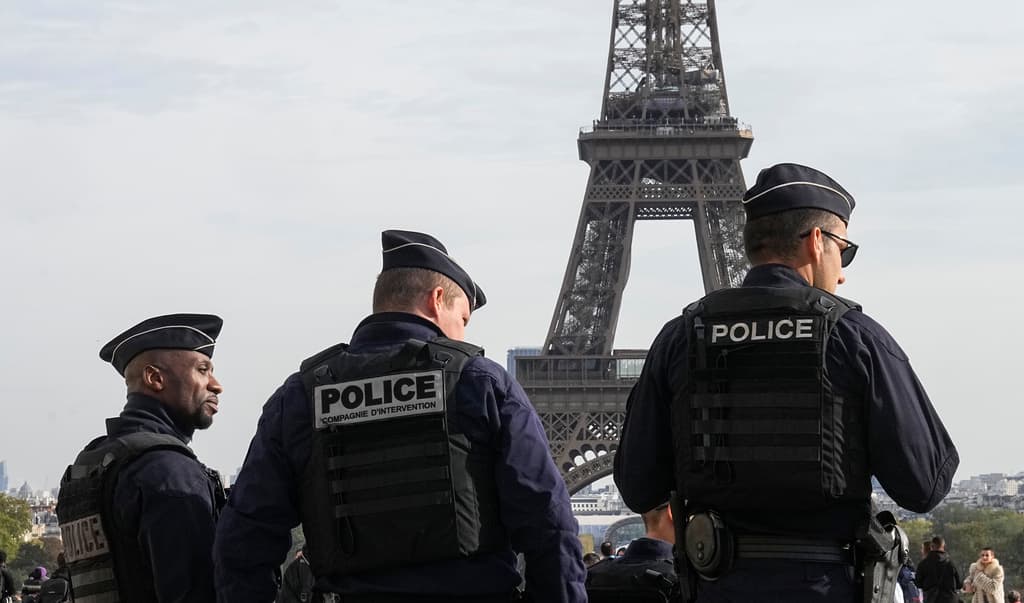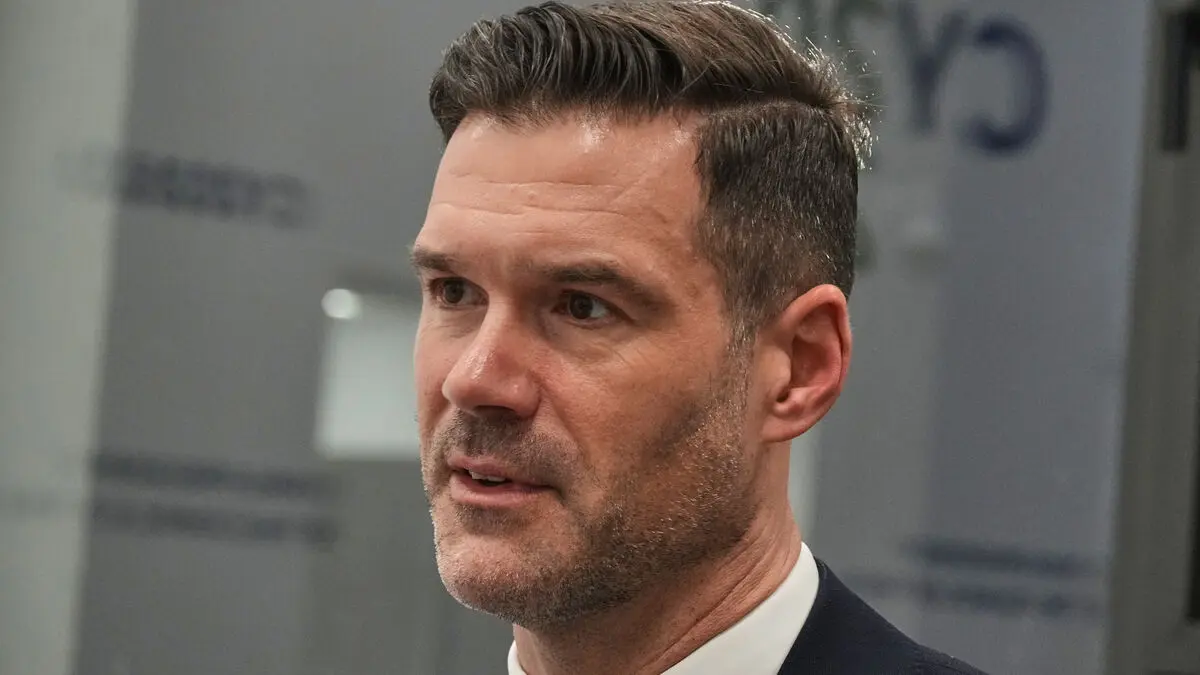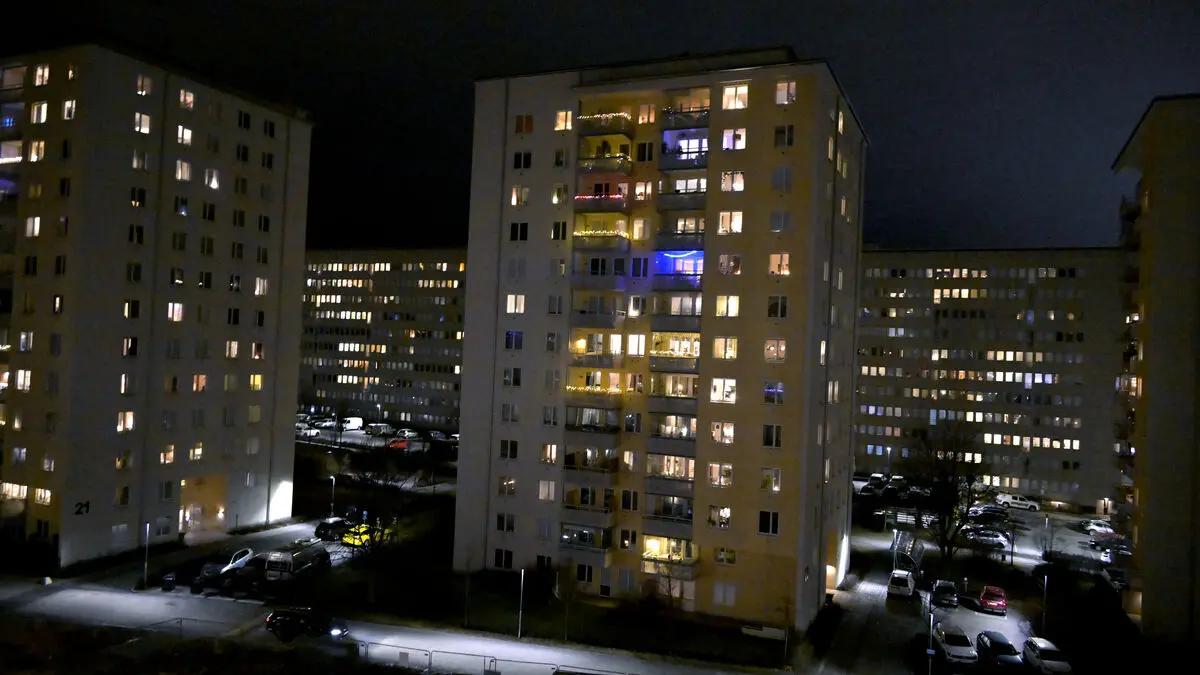France is stepping up the use of AI surveillance during the European Championship in Paris. Now critics are warning that it opens the door to more extensive control.
These situations are the most problematic, says Katia Roux at French Amnesty.
Over the past few months, AI systems have been tested at French train stations, concerts, and football matches. The technology has not been in full operation – but that will change when the European Championship starts on 26 July.
Then, the police, fire brigade, rescue services, and certain security companies within transport will be able to use the surveillance technology, until the end of March 2025.
Essentially, it will be about scanning crowds, checking abandoned objects, and searching for possible weapons. This could become the new normal, warns Amnesty France.
The European Championship provides a great opportunity to test this type of surveillance under the guise of it being security-critical. It paves the way for even more extensive systems, such as facial recognition, says Katia Roux at French Amnesty to Reuters.
According to French law, it is forbidden to use tools that recognise faces, although there are exceptions in the legislation. Among critics, there is a fear that it could lead to facial recognition being introduced surreptitiously.
This is no ban. People have the illusion that because we say we prohibit the technology, with exceptions in certain situations, so it's all right. But it's precisely these situations that are the most problematic, says Roux.
Four private companies will assist French authorities with surveillance during the European Championship and for a period after the games.






